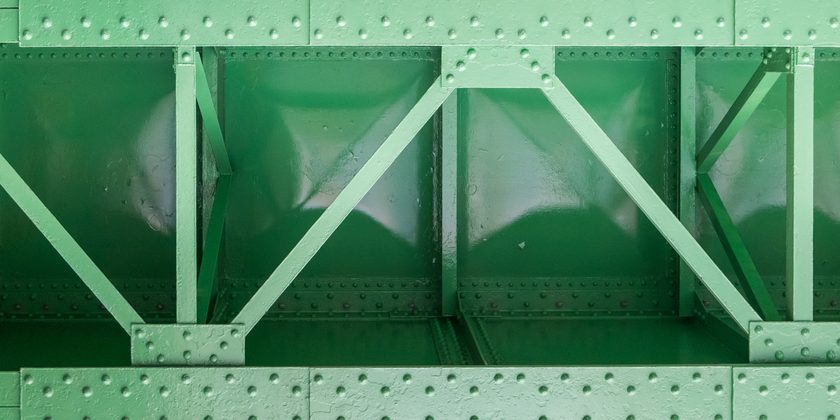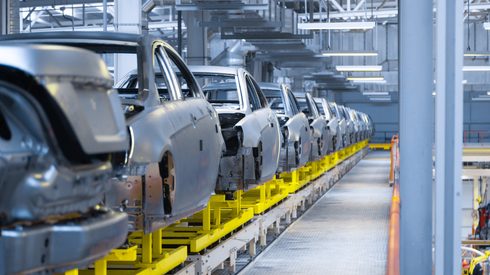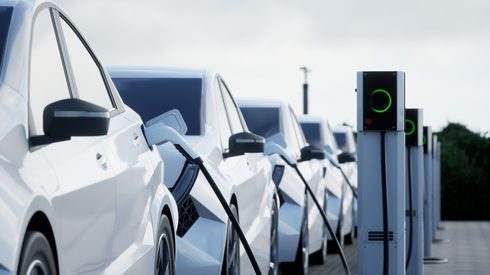Pressure for trade defense measures dominated most of the discussions at the conference, which took place in São Paulo on August 5-7, with an emphasis on the need for Latin America to regain its competitiveness.
China has become a central topic in market discussions among Latin American steelmakers due to the high volumes of imported steel from the country at prices considered below steelmaking costs, Fastmarkets reported. Several executives at the conference described those prices as “predatory” and “subsidized.”
“The steel industry in our countries can compete against and work without fear with the economic blocs of the Western world, but with China, it is not possible,” Paolo Rocca, chief executive officer of Techint Group – which owns Tenaris, Ternium and other Latin American companies – said during a panel on the geopolitics of steel.
“It is very difficult to compete with China, which has a state policy that, [if] consumption falls, production remains at the same levels,” Brazilian steel association Aço Brasil’s president Marco Polo de Mello Lopes said during the event.
To try to curb Chinese imports, Brazil adopted a tariff-quota policy in June, in which 11 steel products listed by Mercosur Common Nomenclature codes had their import volumes determined for a period of one year and a 25% tariff imposed in the event of a surplus.
Brazil’s tariff-quota mechanism “was taken on an emergency basis, and in addition to this, we have anti-dumping measures and subsidies in place,” Sergio Leite, Usiminas’ vice president of strategic affairs and newly appointed chairman of Aço Brasil’s board of directors, said at a press conference during the event.
“These measures and processes are under review by the [Ministry of Development, Industry and Foreign Trade], but these take about a year to be implemented. We are active on all fronts and closely monitor the entire sector,” Leite added.
This year alone, Brazil, Chile, Colombia and Mexico have adopted or deepened trade defense measures aimed at containing Chinese imports. These actions were taken independently by each country, but industry executives called for joint action.
“Our countries have energy and natural resources that would allow for very efficient growth in terms of emission reductions,” Rocca said during the panel. “But this discussion goes beyond the limits of the industrial policy of each bloc and is not yet being conducted with an integrated vision.”
Silvia Nascimento, president of Brazilian steelmaker Aço Verde do Brasil (AVB), said during the conference that “it is important to remember that China has one of the most carbon-intensive industries, and when we buy imported steel from there, we are delaying the decarbonization process.”
Decarbonization in Brazil
The steel market structure for rewarding carbon reduction initiatives in Brazil is still in its early stages, Fastmarkets understands.
Brazil has a commitment to achieving net-zero emissions by 2050. The country has ample renewable energy resources and a potential for domestic hydrogen production; therefore, market participants expect it to be a platform for natural gas and green hydrogen that can be used in the steel production chain.
But Brazilian steel output is still mostly based on blast furnaces, Fastmarkets understands, which are more carbon intensive than electric-arc furnaces (EAF).
According to the World Steel Association, the carbon consumed in integrated plants (with blast furnaces) is around 550 kg per tonne of crude steel produced, while the carbon consumption in EAF plants is around 130 kg per tonne of steel.
“In Latin America, only 20% [of crude steel produced] comes from the electric-arc furnace route and scrap recycling,” Rocca said.
“We spoke to many Brazilian automakers, and the interest in green steel really shows, but when we talk about price, everyone backs down,” an executive linked to steel sales for the automotive sector at one of the largest steelmakers in Brazil told Fastmarkets.
Decarbonization demand opens the possibility of structuring a Brazilian version of the EU’s Carbon Border Adjustment Mechanism (CBAM), Rodrigo Rollemberg, secretary of Green Economy, Decarbonization and Bioindustry at the Ministry of Development, Industry, Commerce and Services, said at the conference.
The CBAM is an instrument for reducing greenhouse gas emissions that establishes limits on the import of materials produced from carbon-intensive sources.
But Rollemberg said that if Brazil submits to environmental regulation systems from other regions – such as the EU’s CBAM – the country would be subjected to a foreign concept of decarbonization, which does not necessarily apply to the domestic market.
The CBAM imposed a tax on imported products based on CO2 emissions. The EU’s mechanism only considers carbon emissions from operations within the factory, so it does not fully take into account when renewable energy is used in Brazil’s steel production, Fastmarkets understands.
Gerdau’s CEO Gustavo Werneck said at the conference that the worldwide steel sector accounts for 7% of global greenhouse gas emissions, but Brazil’s steel sector only accounts for 0.15% of that total.
“I’m not shirking our responsibility – the steel sector is very committed to [decarbonization] – but we have to lose the romanticism, because for this entire transition, we will have a bill that we will not be able to pay,” Werneck said.
By 2030, each company will need to add $40 per tonne more in capital expenditures to promote decarbonization, which means the Brazilian steel sector will need to add a capex of $7 billion, which is beyond the financial earnings of the country’s companies, Werneck said, citing estimates from global management consulting firm McKinsey & Company.
“We are doing well; there is no point in trying to tax us and compare us with other sectors in the world,” he added. “This transition has to involve competitiveness.”
Discover how our suite of green steel prices can support your ‘green’ investment decisions while bringing transparency to the industry. Talk to our experts today.





